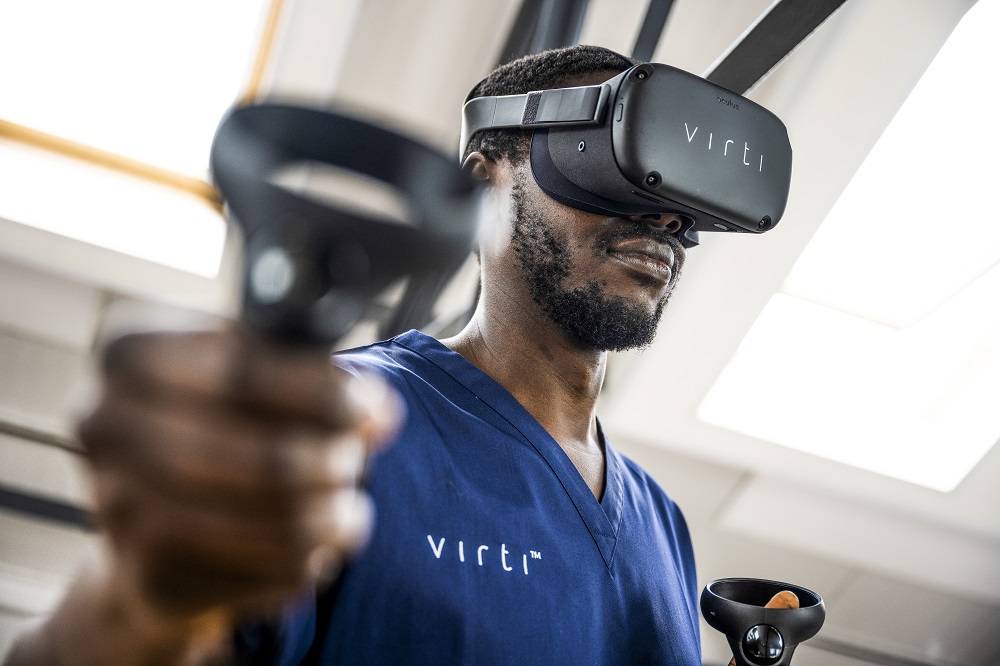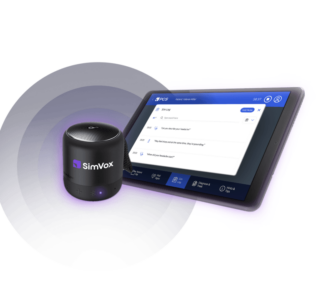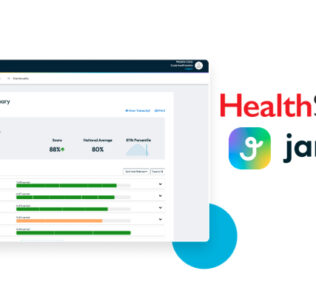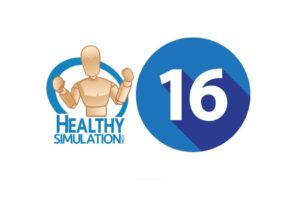Virti Raises $10 Million to Optimize Human Performance Using VR
Digital training platform Virti has raised $10 million in Series A to advance toward the company’s goal of improving human performance using world-class interactive technology. The round was led by deeptech investors IQ Capital, joined by Cedars-Sinai Medical Center and a new, UK-based learning technology VC fund. The funding consolidates a pivotal period of growth for the startup: as demand for effective remote training solutions accelerated last year, Virti revenues grew 978% and the company’s workforce doubled in size.
“We feel privileged to have both deep tech experts and world-leading educators on our cap table in this round, to help us achieve our ambition of becoming the world’s leading developer and distributor of deep learning and digital training solutions,” said Virti CEO and Founder Dr. Alexander Young, an NHS trauma and orthopedic surgeon.
This Series A funding will enable Virti to continue on the curve of exponential international growth, researching and developing new technologies to improve human performance. The funding comes also alongside three important new hires for the business. Kurt Kratchman and Mark Ashworth join Virti from Oracle as CRO and CFO/COO respectively. Michael Hernandez, previously at Nearpod, joins Virti as Head of Customer Success.
Sponsored Content:
“E-learning has seen strong growth over the last 5 years, and COVID-driven shift to remote work has increased demand many times over. Virti’s deeptech experiential learning platform is by far the best in the world,” shared Max Bautin, Managing Partner at IQ Capital. “We are privileged to lead this highly competitive round and partner with Alex and his super-talented team to deliver on this exceptional growth opportunity.”
Launched by Young in 2018, Virti helps organizations optimize learning, training and performance through the company’s interactive simulations and AI-powered data analysis. The technology turns traditionally subjectively-assessed skills (such as communication, teamwork and decision-making under pressure) into objective and measurable data to improve performance. The startup was recently named one of TIME’s Best Inventions of 2020 and Fast Company’s Most Innovative Companies of 2021.
“At Virti, our goal is to maximize human performance by making experiential learning affordable and accessible for everyone. In-person training has always been expensive with e-learning often unengaging, and research shows that employees forget upwards of 80% of episodic training,” added Young. ” Virti exists to help organizations get the very best out of their people, by improving how teams train, learn and perform using scalable deep learning technology with a focus on soft-skills.”
As the pandemic intensified over the last year, many organizations struggled to to find engaging and scalable ways to up-skill their workforces. As a solution, Virti’s deep learning technology has been improving training outcomes by up to 230% while supporting individuals and organizations in the global shift towards remote and flexible ways of working.
Sponsored Content:
Virti’s cloud-based, no-code clinical simulation creation suite enables organizations to build bespoke training modules that analyze user performance using computer-vision AI and Natural Language Processing (NLP). Organizations can access and deploy their clinical simulations using mobile or desktop devices, or VR/AR headsets. The platform captures data across these three different mediums, applying data-science protocols to analyze, measure and feedback on human performance.
To date, the technology has been deployed in healthcare settings around the globe to create scalable training opportunities and improve patient safety.* The technology has also been deployed by universities, corporates and public sector organizations to teach soft skills, from crisis management to mindfulness. Typically, in-person training is both expensive and time-consuming, and traditional teaching methods (such as lectures) have proven to be less effective regarding knowledge retention, Virti’s VR technology has helped learners acquire knowledge faster and retain new skills for longer.
“On-the-job training can be serendipitous, with the learning experience varying significantly depending on where you are, what day it is and who is training you. Soft skills also tend to be subjectively assessed in most settings,” Young said.
He added that Virti is providing the tools to help organizations create and distribute evidence-based training, which can be standardized and scaled across organizations and geographies. Young believes the data insights the Virti platform generates both reduce training variability and generate objective feedback that can aid real-world improvement. This is vital to the ultimate goal of improving human performance around the globe.
Learn More About Virti
Today’s article was guest authored by Amy Mace, Public Relations Professional at Virti.
Have a story to share with the global healthcare simulation community? Submit your simulation news and resources here!
Sponsored Content:



















